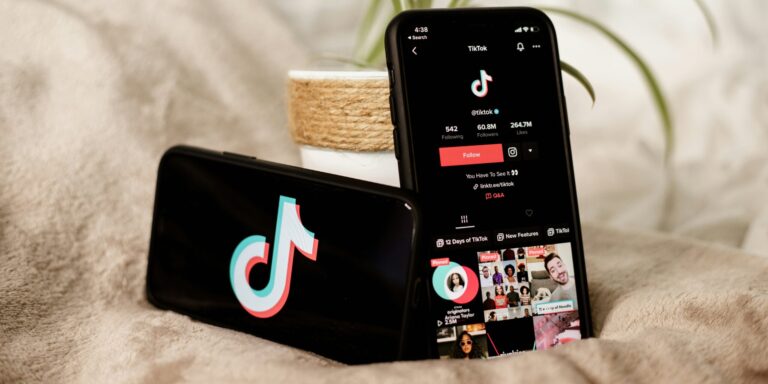TikTok, the popular social media platform, has unveiled a new app called ‘M2’ in the United States, marking a significant development for the company as it navigates regulatory pressures. The launch of ‘M2’ comes at a critical juncture for TikTok’s parent company, ByteDance, which is under intense scrutiny due to concerns over national security and the potential for Chinese government influence over the platform. With a looming deadline of September 17, 2025, ByteDance faces the possibility of being forced to divest its U.S. operations or risk a nationwide ban of TikTok in the country.
The timing of the ‘M2’ app’s debut is no coincidence. As the U.S. government continues to evaluate the national security risks posed by TikTok, the launch of ‘M2’ may be part of ByteDance’s strategy to adapt to the evolving regulatory environment. The app, which is being marketed as a more streamlined and secure version of TikTok, could be an attempt to address some of the concerns that have been raised about the original platform, particularly those related to data privacy and the app’s connection to China.
The September 17 deadline represents a pivotal moment for ByteDance, which has been in talks with U.S. lawmakers and government officials for months in an effort to find a solution that would allow the company to continue operating in the U.S. without jeopardizing national security. If ByteDance fails to divest TikTok’s U.S. operations by the deadline, the company could face a ban that would impact millions of American users who rely on the app for entertainment, communication, and business purposes.
Read Also: https://goldenstatereview.com/peyton-manning-joins-denver-nwsl-ownership-group/
The introduction of ‘M2’ could be seen as a way for TikTok to demonstrate its commitment to complying with U.S. regulations while maintaining its presence in the market. The app is expected to feature enhanced data protection measures and may also include additional features designed to limit the influence of foreign governments over the platform’s content and operations.
While the U.S. government has expressed concerns about the potential for TikTok to be used as a tool for Chinese espionage, TikTok has consistently denied these allegations and has taken steps to address privacy concerns. These efforts have included storing U.S. user data within the country and increasing transparency in how the app operates. However, critics argue that these measures are not enough to alleviate concerns over the platform’s ownership and the potential for Chinese influence.
As the clock ticks down to the September 17 deadline, all eyes are on ByteDance and its ability to navigate the complex regulatory landscape in the U.S. The launch of ‘M2’ could be a key part of the company’s strategy to ensure that it can continue operating in the U.S. market, but whether it will be enough to satisfy U.S. lawmakers and regulators remains to be seen.
With millions of American users at stake, the coming weeks will likely see intense negotiations and discussions over the future of TikTok in the United States, and the role that ‘M2’ will play in that future. For now, TikTok’s U.S. launch of ‘M2’ marks another chapter in the ongoing saga of the app’s relationship with the U.S. government, and its ability to balance compliance with innovation in the face of mounting pressure.



